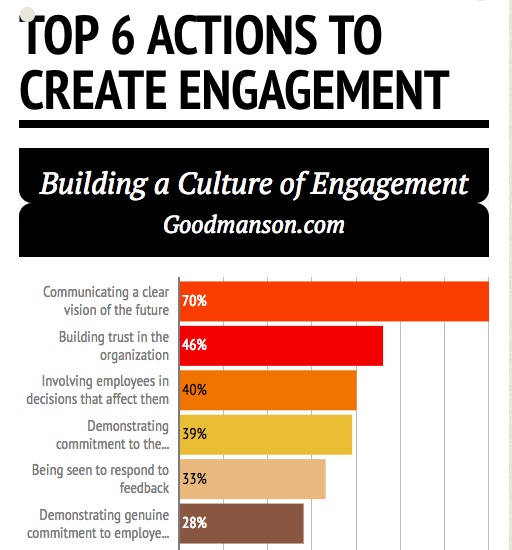Growing up, Church had always been a sanitized place. It was the one day a week that I dressed up in my ‘Sunday best’ and shook the hands of adults like we were all congratulating ourselves on being Christians. I learned the game early on in my life. I was the kid who could rattle off the right answer in Sunday school and who knew how to smile and say the right things. Church was a clean and tidy world to act a charade, but it was void of reality and meaning.
Sunday became a ritualistic fa?ßade for me to play ‘Christian’. Outside of Church there was no room for my religion. Faith was what you did once a week. It continued to the point where I was a student leader of the High School group my senior year, but afterwards I would either go drinking or smoke a bowl.
As I grew up and left for college, I left my faith in God but mostly I left my belief that the Church would ever have a place of value in my life. There was an enormous divide between Church and reality. It was only through a series of life-changing events that regardless of my rejection of religion, I knew that I needed God.
It was through this journey that I got involved in the emerging church-planting movement. It was the first time that I was called to something much more holistic at church. The crowd wasn’t dressing up out of tradition but a group who knew they were once lost and now they were found. Ex-drug addicts, the lost and other people returning to church gathered together each week but more than that, they lived life together. No one felt they had to pretend that they had a perfect-plastic life with no problems. We all knew we were messed up people trying to figure out what the church was but we believed it could not be compartmentalized to a single day of the week.
I think church-planters often plant churches in a reaction against something more than anything else. And I believe from talking with numerous pastors in the emerging movement, that this holistic Christian living is a huge piece of the puzzle. They have a desire for the church to become a local body void of modernistic 12-step programs to live together in the beautiful mess of the church.
This vision was clearly demonstrated for me at Imago Dei Community a five-year-old church plant in Portland. This inner-city church purposefully loved the unlovely and created a church that no modern-suburbanite church could seek out. Through ministering to heroin addicts, homeless teens, people dying from aids, they began to see these people come to Christ and come to church. Their Pastor, Rick McKinley, just wrote a book called Jesus in the Margins – Finding God in the Places We Ignore (pick this book up for some great stories), his first in a series discussing the marginalized and the vision of what the Kingdom of God looks like. This book and my time speaking with Rick and others at Imago has been a rich source of inspiration for what we hope to do here in San Diego at Kaleo Church. Imago Dei desires to serve more people outside of their church walls than attend on Sundays. The percentage of their community that serves in local missions is extremely high and this is in a church that is about 1,000 people now.
I spoke to another church-planter, Ryan Sharp, who I wrote an article on for the San Diego Reader. Sharp and his wife Holly, recently were asked to be god-parents to a homeless couple, Michael and Heather. Heather and Michael were a young homeless couple camping out on the beach in front of their place. Their neighbor, Martin, offered the couple to come into his studio apartment and stay while they got their feet back underneath them. A couple weeks later, Heather turns out to be pregnant. That was about 8-9 months ago. Michael is in jail because he broke his parole. Sharp and his community are helping raise money for baby supplies and to support this new family. Anchor Point is a small community of a dozen people or so trying to live this mess out.
These are just some of the stories of the Beautiful Mess that I pray the emerging church seeks to become. It’s easy to say that we want to do these things but it is so much harder to live it. Personally, I like things that are fixed, sanitized and ordered. It’s part of my nature. When broken people (based on my selfish standards) come into our church family it takes a lot of time and sacrifice to walk with them in life. But this is where we are calling our community to. We’ve started a number of ministries to our local community and are looking for ways to go beyond traditional social justice ministries. We want to go out and become the beautiful mess of the Kingdom of God.
RELATED POSTS

